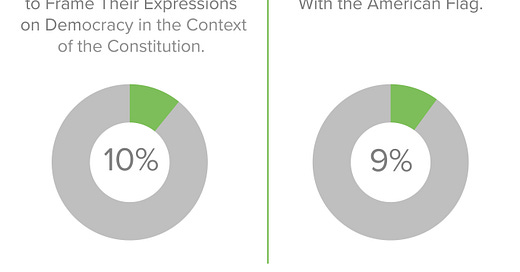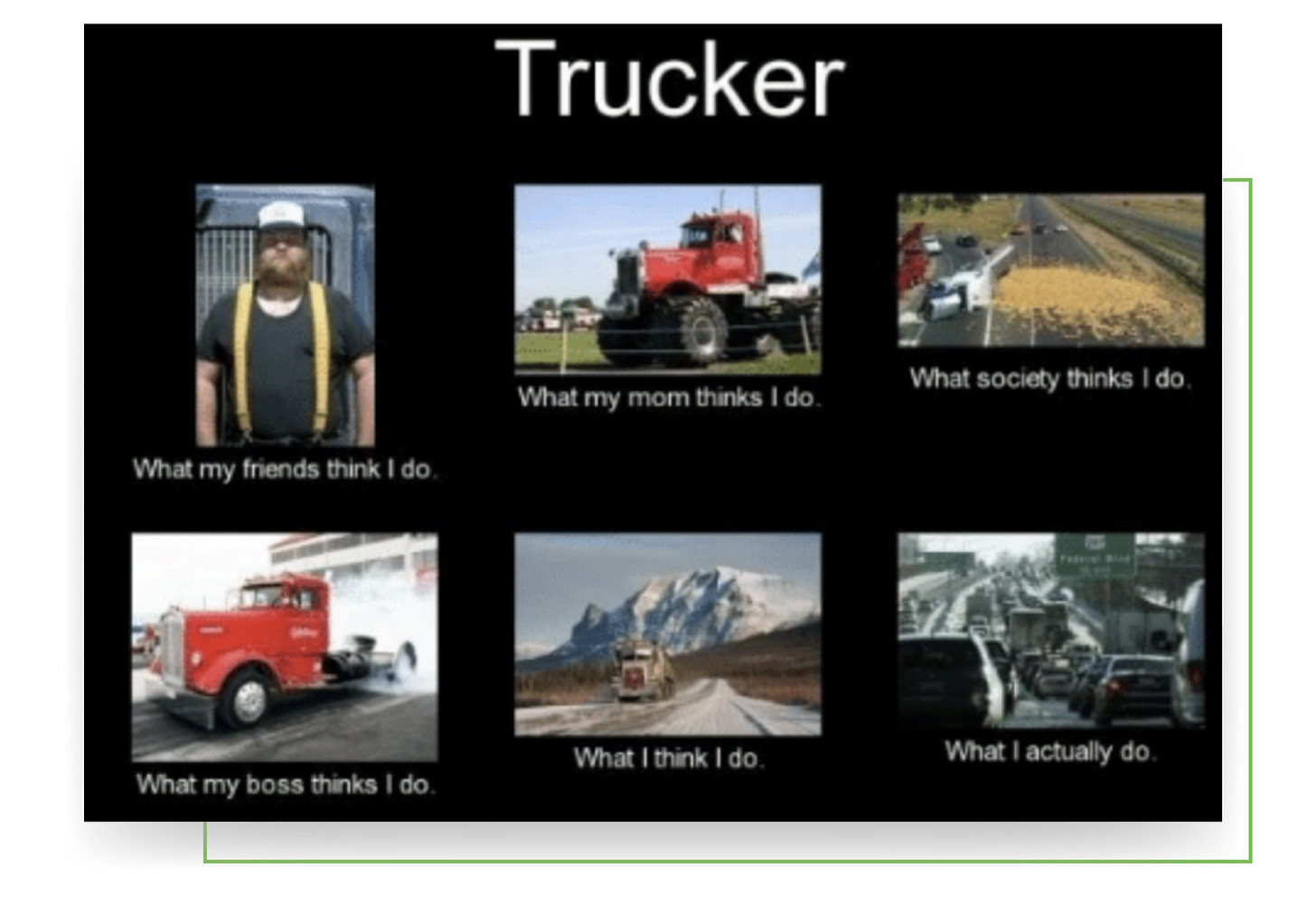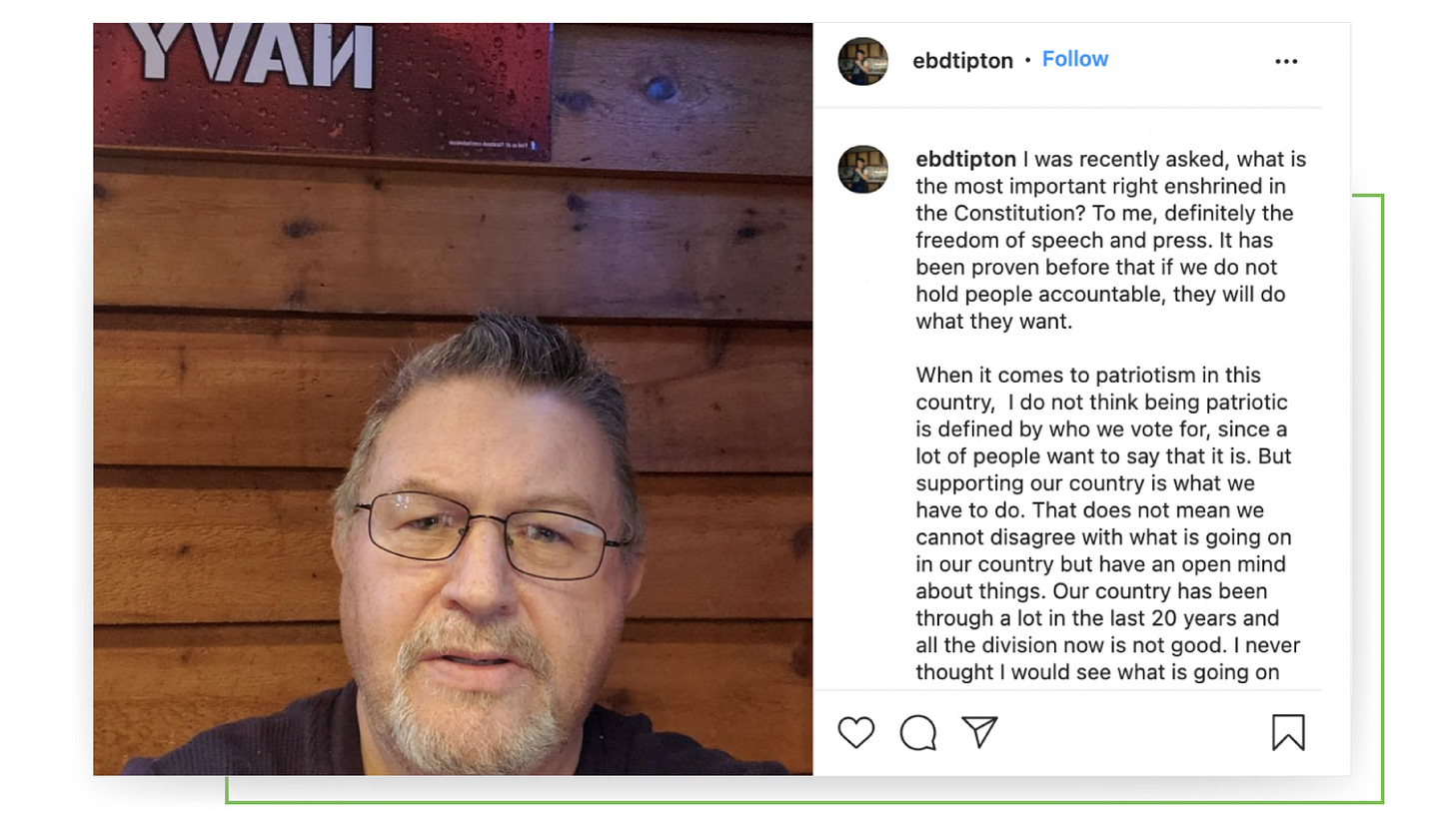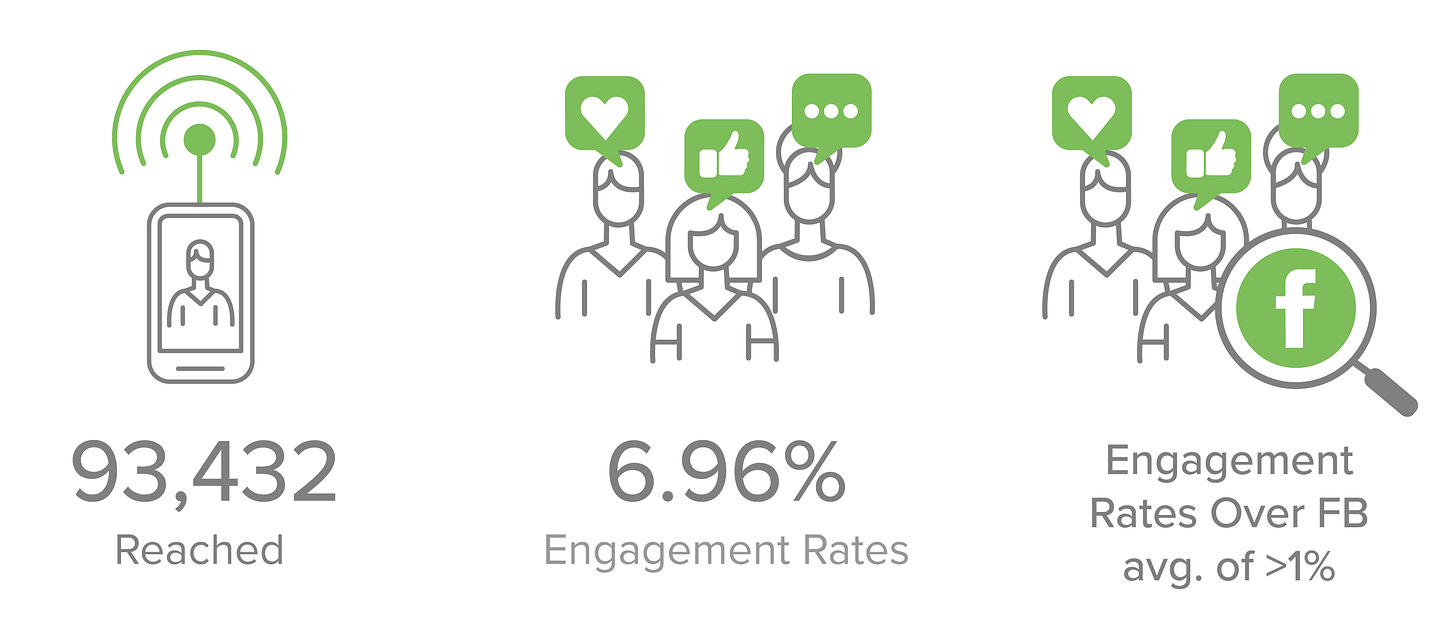Truck Drivers Believe They Are Key To Democracy Yet Feel Undervalued. Here’s How We Got Them Talking.
We looked at more than 1 million social media posts to get insight into how truck drivers view democracy.
Welcome To What The Polls Don’t Tell Us! You’re receiving this biweekly newsletter because you have worked with Main Street One in the past, or you have asked to be added to our distribution list. Subscribe here. Learn more about Main Street One’s work here.
BIG TAKEAWAY: Truck drivers believe their job is unique in supporting the American economy as the COVID-19 pandemic creates product shortages nationwide. This group also forms a strong in-group around the perceived difficulty of their profession.
With Project 10-4, we learned how to frame conversations to learn more about how those attitudes influence truck drivers’ views about democracy.
SLEEPER TAKEAWAY: We can engage groups that feel underrepresented, like truckers, if we reach out to them using authentic vernacular in addition to visual conventions from the organic conversation. We learned how it is possible to communicate ideas through an in-group and begin conversations through the lens of social status and reciprocity. We need to create relationships based on affinity and trust at the start of a campaign to build integrity and start conversations.
ZOOMING IN: Prior to any direct engagement with truck drivers, we used social media analysis to get insight into their attitudes about democracy. We gathered 1,853,000 implicit and explicit expressions.
Truck drivers tend to rely on visual humor, like memes, to express feelings towards many topics including democracy.
STARTING THE CONVERSATION:
Initially, truck drivers were unresponsive and even hostile to invitations to participate in a campaign about democracy. The response rates fell below average.
But we pivoted to gain trust and built a relationship with truck drivers. As a result, their responses increased in both quality and quantity.
Here’s what we did differently:
We broadened the conversation beyond democracy and asked truckers to share their attitudes on patriotism and rights.
We created a webpage that housed posts from like-minded truckers.
We conveyed truckers’ skills are an essential part of society.
WHAT WE DID WORKED. HERE’S HOW:
Truck drivers responded to our new approach and they told powerful stories on social media. Their posts on democracy advanced three key narratives:
Democracy protects against socialism and communism.
Democracy protects individual rights under the context of the Constitution.
Democracy means putting patriotism first.
Truck drivers responded most frequently about the importance (and protection) of individual rights under the pretext of the Constitution and the patriotic nature of their work.
By translating these posts into peer-to-peer ads, we reached 93,432 unique users and generated thousands of comments to further aid our analysis. These posts earned high engagement rates of 6.96% which is well above the >1% average for political content on Facebook because they came from trusted messengers.
TRUCKERS HAD A LOT TO SAY:
After interviews, truckers said they feel underappreciated and mistreated. They said others only started to appreciate them once pandemic-induced supply shortages.
Listen to a trucker talk about their frustrations.
They believe trucking is a very patriotic, noble profession that connects them to everyone in the United States.
They expressed gratitude that they do not live in a communist country, especially China.
THE BOTTOM LINE: It is possible to get groups who feel undervalued and underrepresented, like truckers, to express their thoughts on polarizing topics like democracy. Our persuasion model can be applied to any audience group, topic, issue, or person within any geography across any channel.







